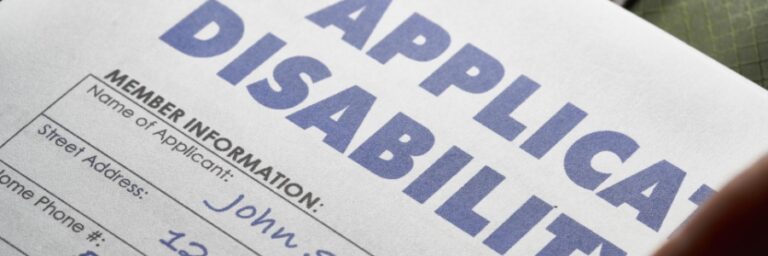
The Listing of Impairments is a list of some common and some not-so-common medical conditions. For each listed condition, specific medical signs, findings, and symptoms are provided. To meet a Listing, you must prove you have these signs, findings, and symptoms by undergoing the appropriate diagnostic tests.
If your impairment does not meet a Listing, you could nevertheless be disabled because your impairment is medically equivalent to (equals) a listed impairment. For example, your particular impairment may not be included in the Listing, but it may be just as disabling as one that is—or you may have more than one impairment, and the cumulative effect is just as disabling as a listed impairment. Allowing benefits based on the “equals” standard recognizes that it is impossible for SSA to include all impairments in the listings. If the SSA says your impairments are equally as severe as those in the listings, you will be granted disability benefits.
It is important to note that your condition does not need to meet or equal a listed impairment in order to qualify for benefits. Indeed, the majority of the claims approved at the initial application stage are not approved based on the Listings, but because of other medical, age and vocational factors. In 2010, approximately 31 percent of approved applications were found to meet the Listings, and only 7 percent were found to equal the Listings.*

In the Listings, there are 14 categories of medical conditions for adults which contain the criteria for different types of disabilities. The major body systems in the Listings are as follows: Musculoskeletal, Special Senses (Vision and Hearing), Respiratory System, Cardiovascular System, Digestive System, Genitourinary System, Hematological Disorders, Skin Disorders, Endocrine Disorders, Multiple Body Systems, Neurological, Mental Disorders, Neoplastic Diseases (Cancer), and Immune System Disorders. For each major body system, the Listings contain a list of disabling conditions. For instance, you find fractures and spinal disorders addressed in the Musculoskeletal section; and HIV/AIDS is listed in the Immune System Disorders section.
*Annual Statistical Report on the Social Security Disability Insurance Program, 2011














